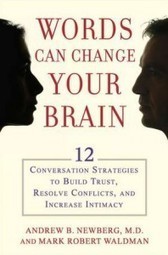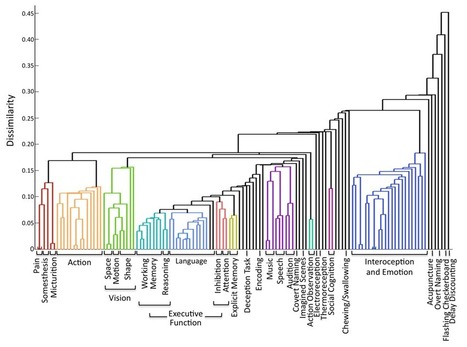By using language to help us reflect on positive ideas and emotions, we can enhance our overall well being, and we improve the functioning of our brain.
Research and publish the best content.
Get Started for FREE
Sign up with Facebook Sign up with X
I don't have a Facebook or a X account
Already have an account: Login

 Your new post is loading... Your new post is loading...
 Your new post is loading... Your new post is loading...
|
|
















